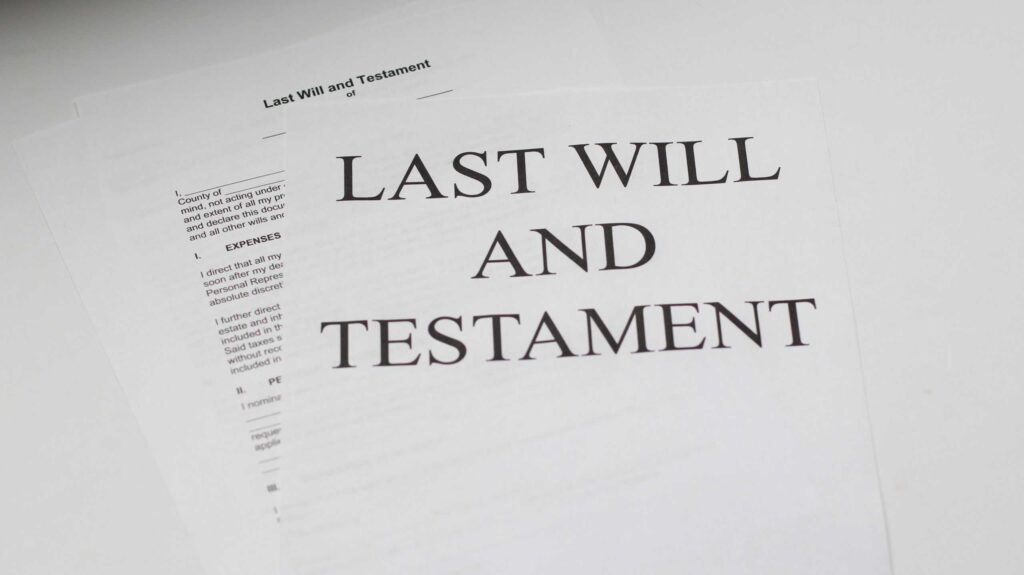
If your spouse predeceased you, it is possible that another individual was named administrator of his estate. Fortunately, you may be able to have the administrator removed and yourself appointed instead – if you are of higher priority as determined by the California probate code.



